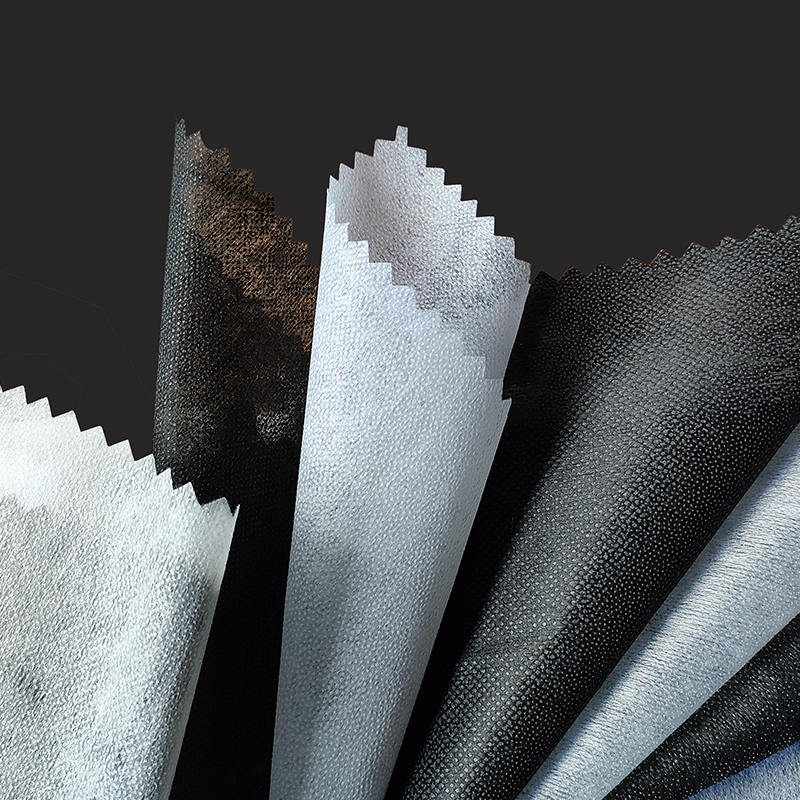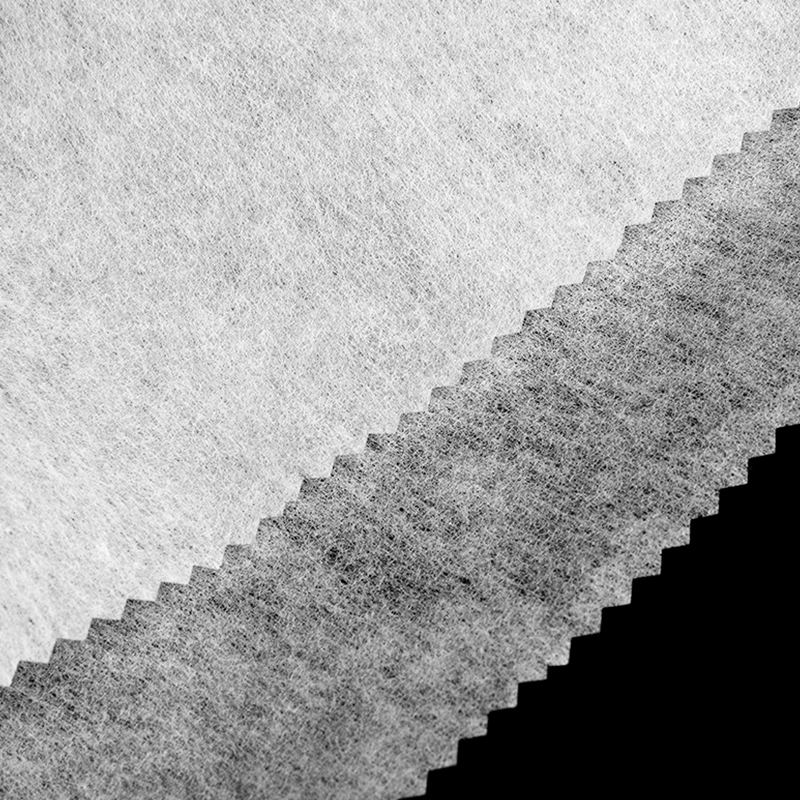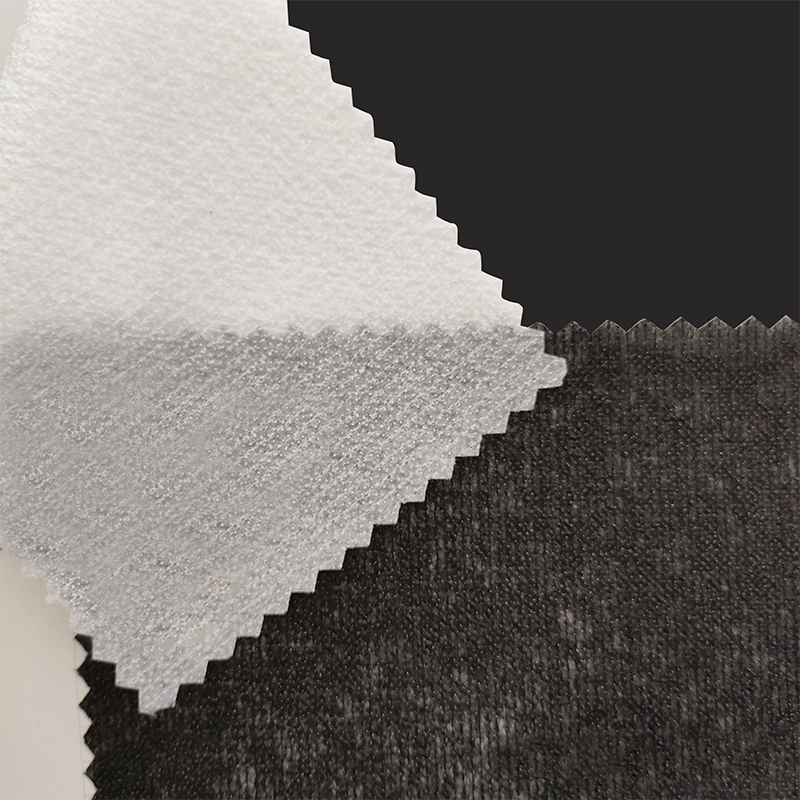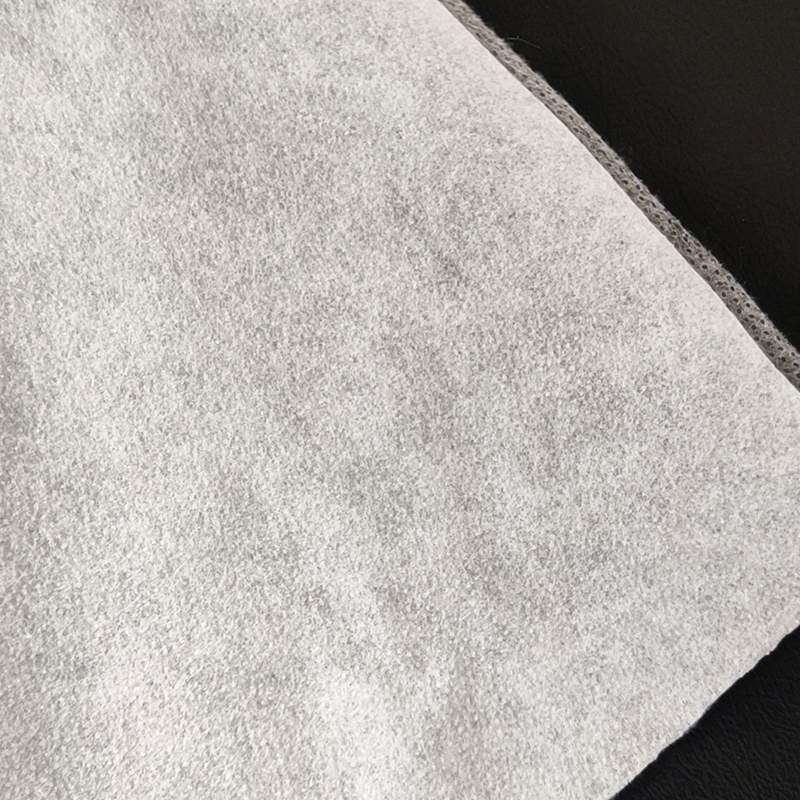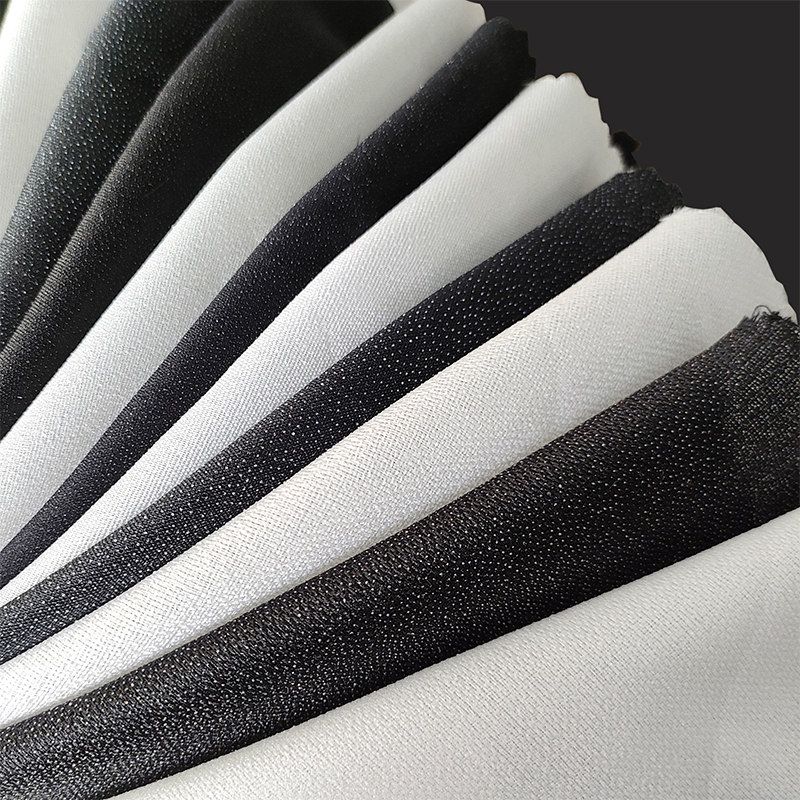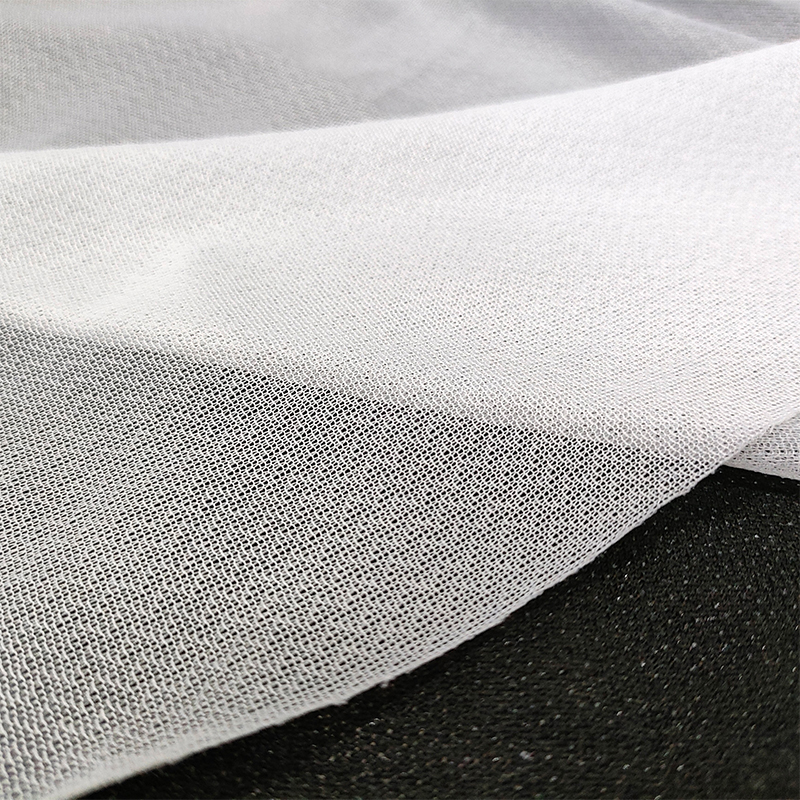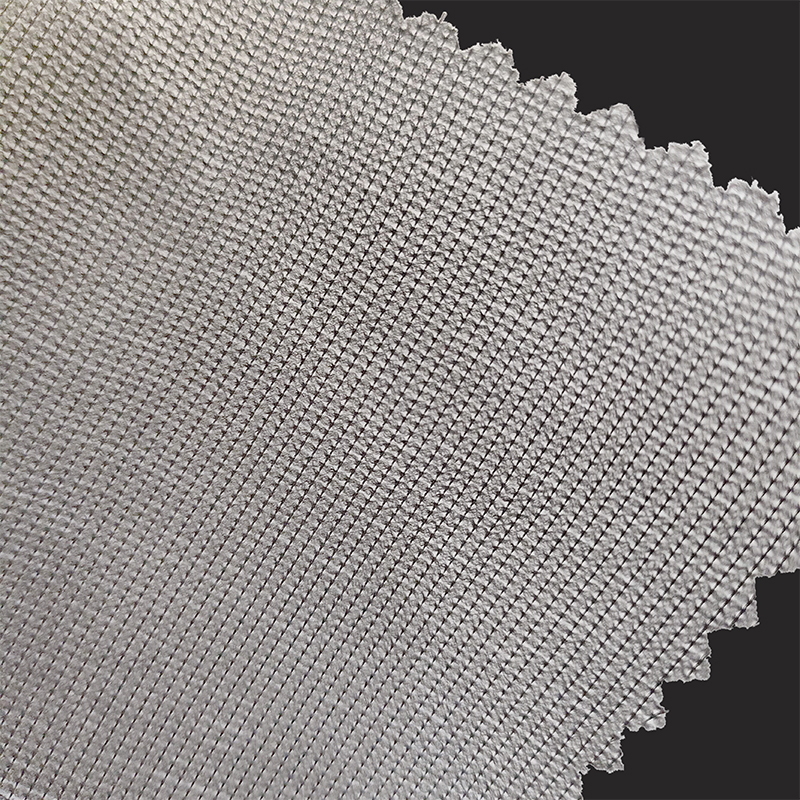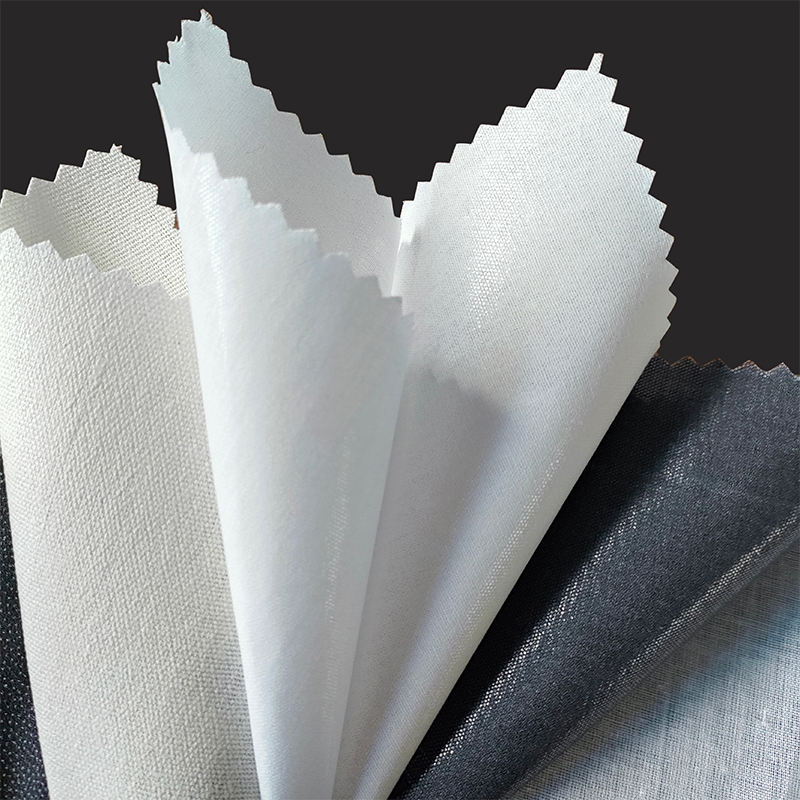Hot Water Soluble Nonwoven Fabric is mainly made of polyvinyl alcohol-based fibers, which can dissolve quickly in hot water, but maintain a certain physical form and structure in cold water or room temperature water. This characteristic makes Hot Water Soluble Nonwoven Fabric have great advantages in specific application scenarios. At the same time, PVA, as a biodegradable polymer material, can gradually decompose into carbon dioxide and water under the action of microorganisms, thus achieving environmental protection from production to disposal.
In the medical field, Hot Water Soluble Nonwoven Fabric is particularly widely used. Surgical gowns, surgical drapes, medical dressing materials and wound dressings are its main application scenarios. Since these materials can be directly dissolved in hot water after use, it not only simplifies the cleaning and disinfection process, but also greatly reduces the generation of medical waste and reduces pollution to the environment. In addition, the softness and breathability of Hot Water Soluble Nonwoven Fabric also provide patients with a more comfortable use experience.
Although Hot Water Soluble Nonwoven Fabric is characterized by rapid dissolution in hot water, in some application scenarios, people also hope that it can have certain water resistance. To this end, the water resistance of PVA-based fibers can be improved by adjusting the degree of polymerization, saponification degree and other chemical properties, as well as optimizing the bonding mode and surface treatment between fibers. However, it should be noted that these improvement measures may affect its hot water solubility to a certain extent, so it is necessary to weigh the pros and cons in practical applications.
The degradable performance of Hot Water Soluble Nonwoven Fabric is an important manifestation of its environmental protection characteristics. This material can be quickly degraded into harmless substances in the natural environment or through hot water treatment, thereby realizing the resource utilization of waste. However, the degradable performance does not depend entirely on the thickness of the material, but is jointly affected by the chemical composition of the material, the production process and environmental factors. Therefore, when selecting and using Hot Water Soluble Nonwoven Fabric, it is necessary to comprehensively consider its various performance indicators and actual needs.

 English
English Español
Español Türk
Türk